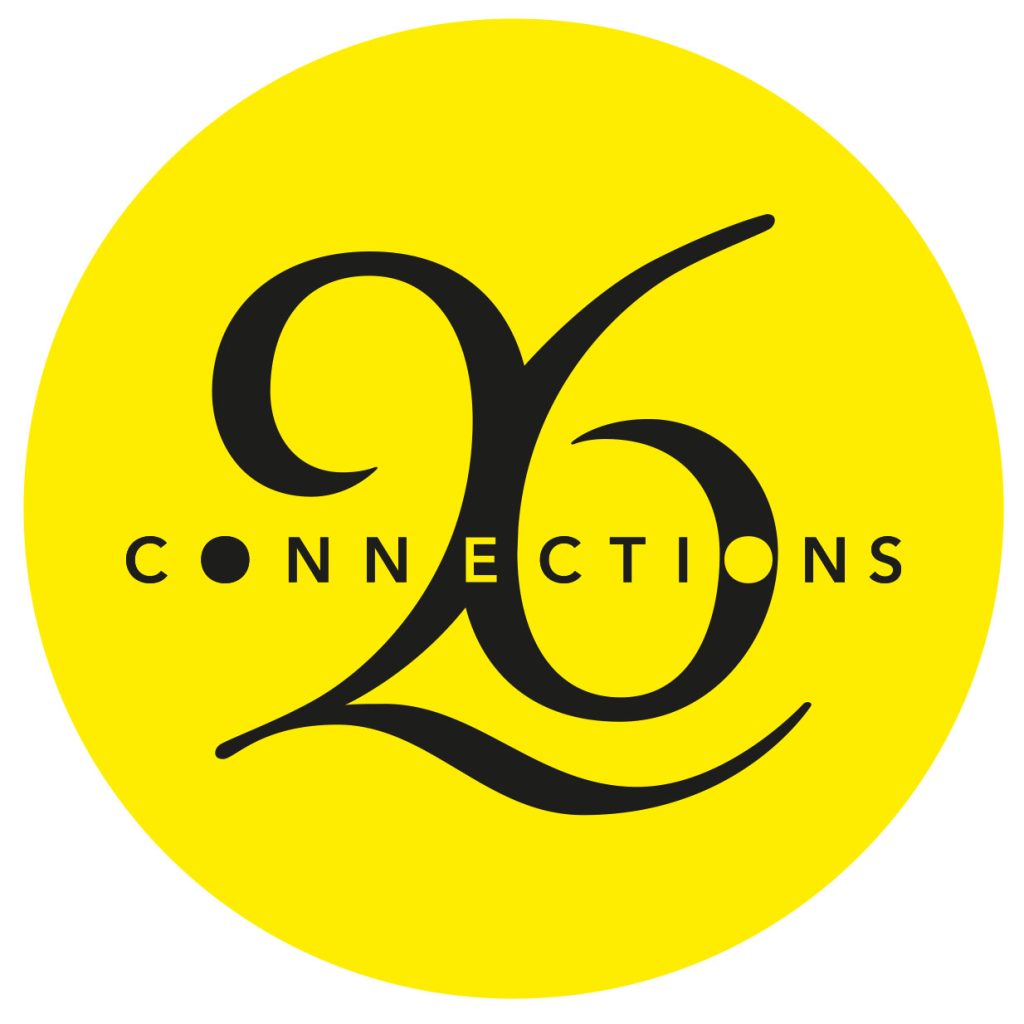Rebecca Zeman and Rachel Lewis
Heartsease and humankind – a call and response collaboration
Rachel:
Thank you so much Rebecca for collaborating with me on writing poetry over the last few months. It has felt very gentle, expansive and supportive as a process.
To explain a little bit about our collaboration to the reader, I’ll start with how we met. We were introduced over email and, although we live in different parts of the country, we found a time to meet in person in a cafe in North London. We had the kind of conversation I feel I can only have with poets – that goes straight into what matters, the silly and the big questions that keep us up at night. We talked a lot about “humankind”, the theme of the collaboration we’d been tasked with, as a topic, covering everything from whether we think humans are fundamentally kind, to what kind of humans we are as individuals. We also agreed two different ways to experiment with collaborative poetry writing:
- One of us would write a poem, and then the other would rewrite it as they saw fit, a kind of “disrespectful editor” who just changes whatever they like
- One of us would write a poem, and then the other would write a response to it however they chose
Both were really productive and stretching for me. With 1., it was such a strange tension, knowing I had permission but still feeling out of line to actually alter your poem and “pass it off” as my own! With 2., the vocabulary of your voice unlocked something for me and helped me write a poem I’d been struggling to get out. I used each word at the end of your lines as my end words, which ended up as a subtler echo as your poem evolved again afterwards. I love the way two final poems mirror or echo each other in form towards the end, as though growing towards each other.
But what do you think, and what would you say?
Rebecca:
Hey Rachel, Thank you so much for writing this great outline. You have captured a lot of my own feelings and sense of the project.
Something further that strikes me is that how we worked together and what we learned mirrored some key things about what ‘humankind’ represents – in particular, that although you and I (and humankind) have different backgrounds and experiences we had/have many things in common – in regard to ourselves, from both writing about mothers in our first poems to both having experienced mental health challenges – and that, I hope you agree, we did better/more interesting work when we collaborated together – in content and form – than when we worked alone. As well as putting paid forever to the idea that poetry is a solitary occupation, from the perspective of the species, this spells out in 72-point type that we are all better and stronger when we work together.
What do you think?
Rachel:
I completely agree! I loved that the shared events around us – Mother’s Day, the changing seasons of spring to summer – featured in our poems even as we were writing from different perspectives and life experiences. I’d recommend any poets feeling solitary to give writing in communion and community a go!
The poems are being displayed as part of the 26 Connections exhibition during the Bloomsbury Festival from 18 October until mid-November. The exhibition features interpretations of the poetry by artists from the Lettering Arts Trust. The exhibition is free at the Building Centre, 26 Store Street, London WC1E 7BT

